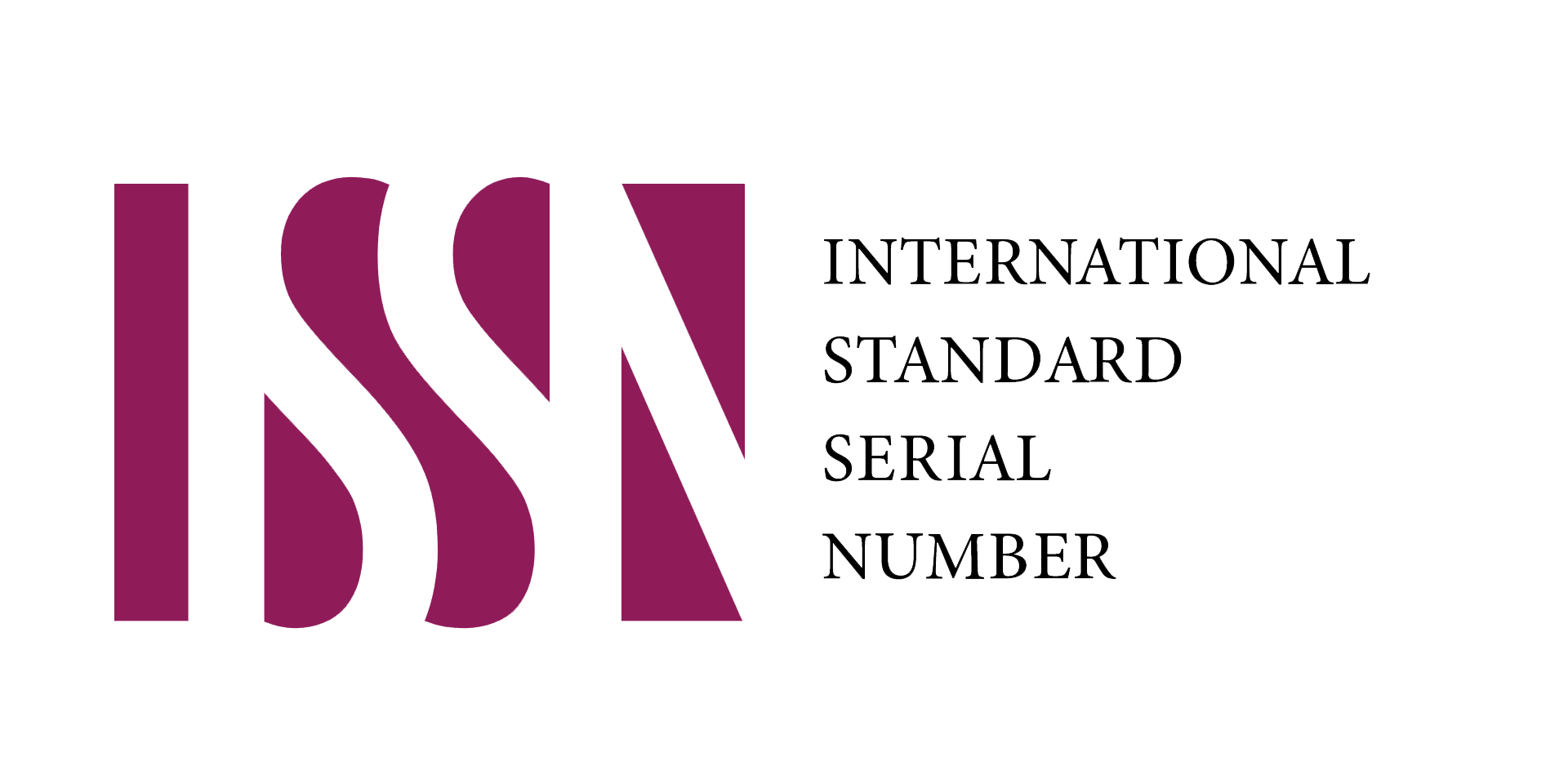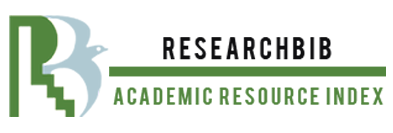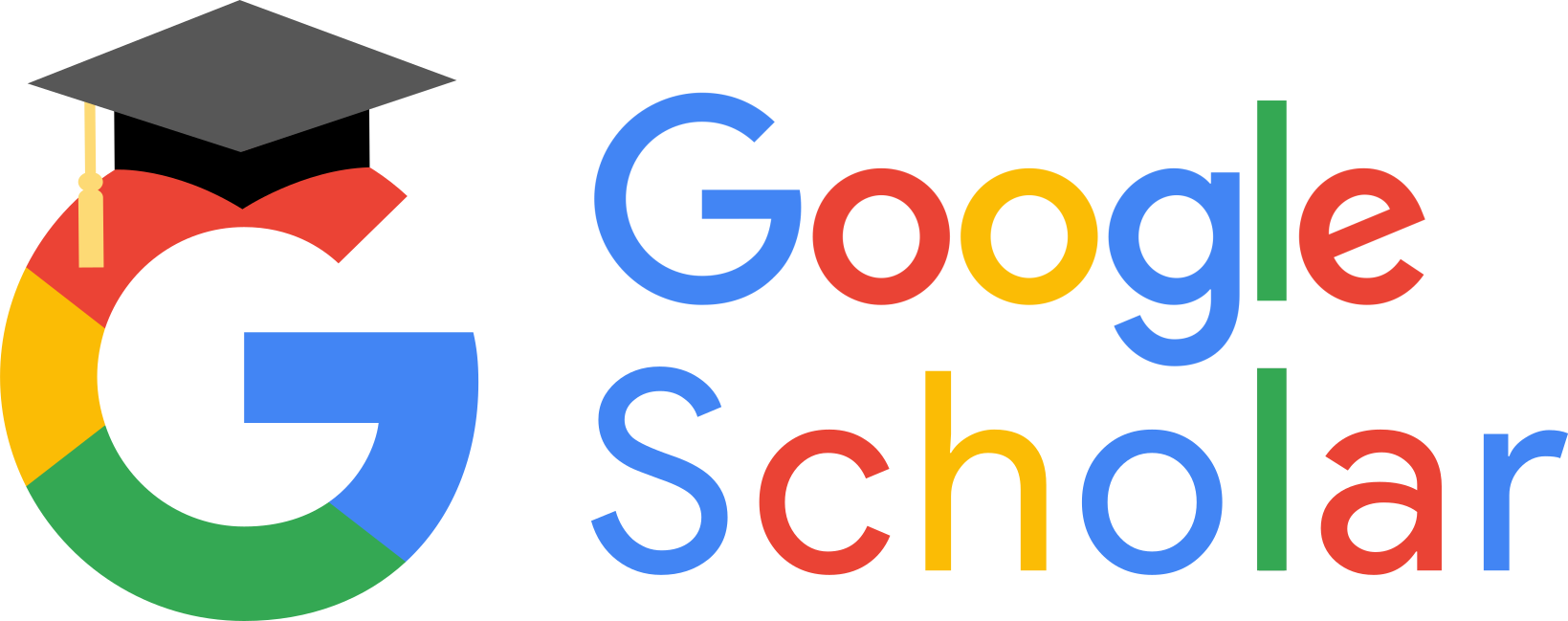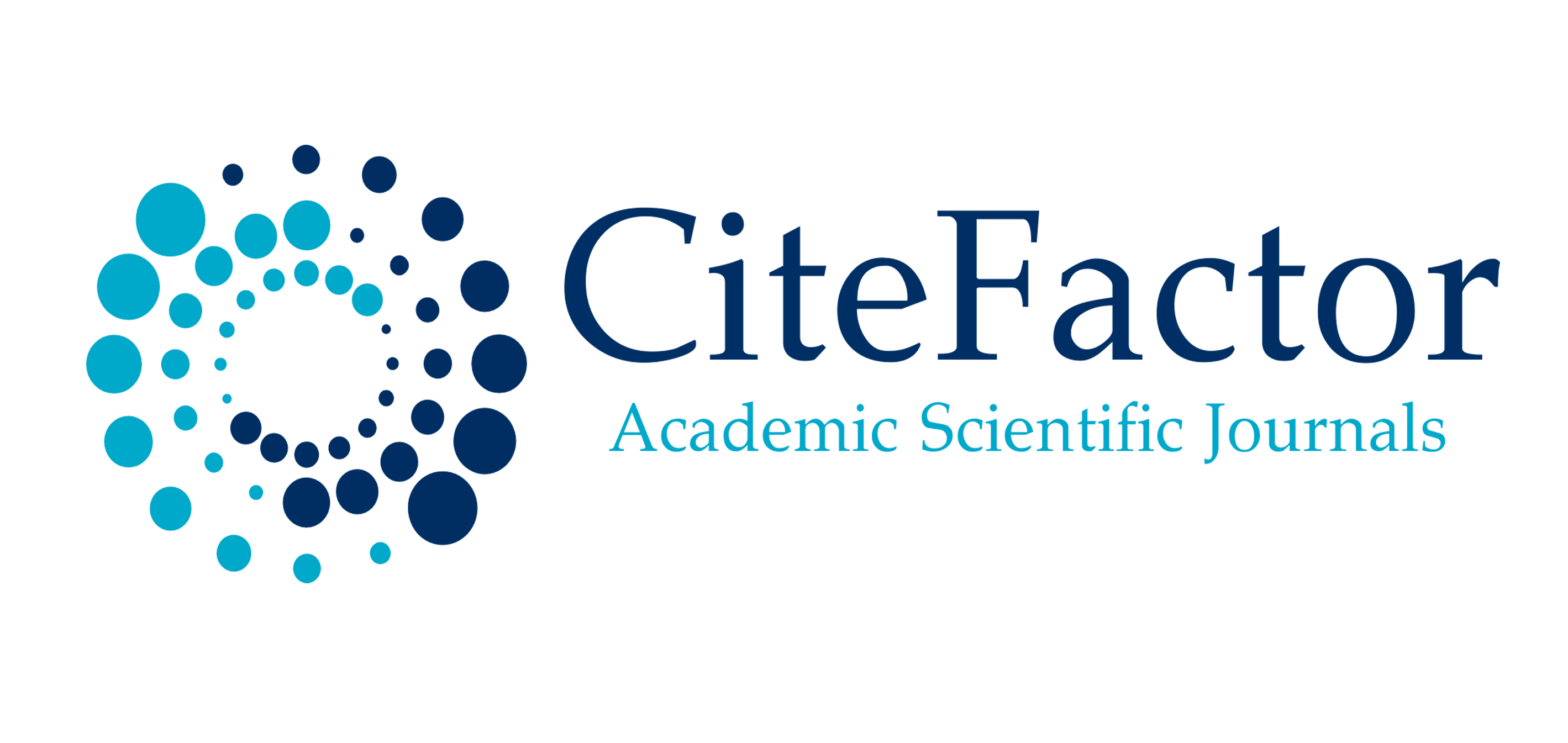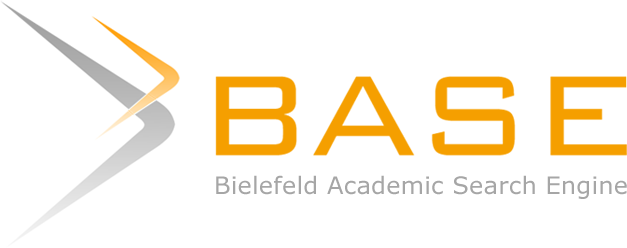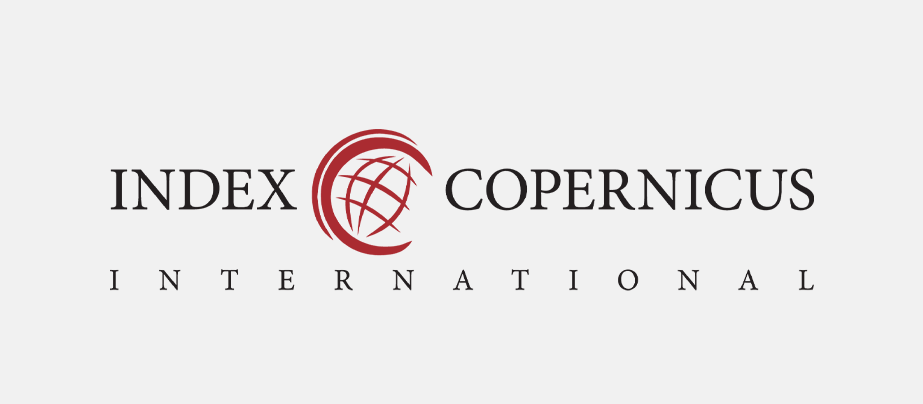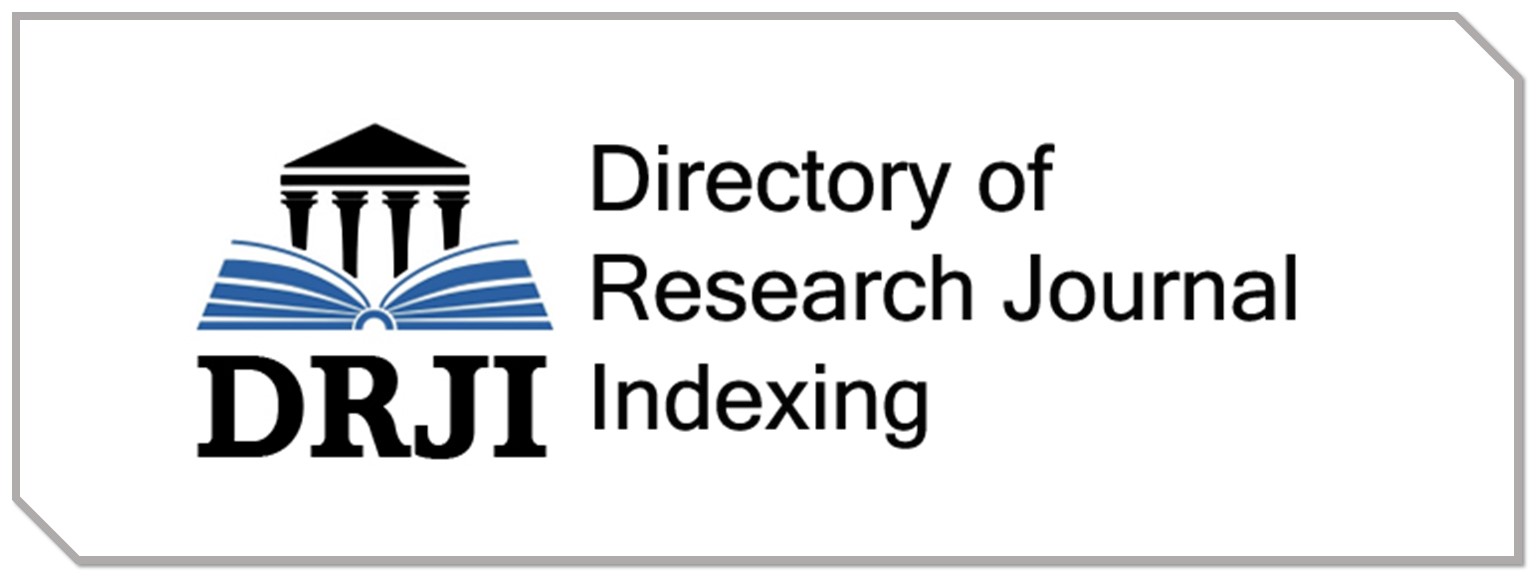The Concept of "Language/Tongue" In the English, Uzbek and Russian Languages
Abstract
In World linguistics, different languages are borrowed from the concept ology -in the practical aspect the need for learning is growing. As a result, a number of scientific studies are carried out in order to study some acquired language or languages within the framework of separate cultural concepts, to characterize their features in the semantic field of the language. In this respect, English revealing the lexical-semantic features of the concept of “tongue "in the language, revealing the structural models of lexemes representing the concept of” tongue" in artistic texts, as well as proverbs and other paremiological units on the basis of materials of the English language, through the method of frame analysis, the nominative field of the concept of “tongue” core and periphery identifying the nomenclature of units that make up their parts, as well as character traits specific to the “tongue” concept, created a need to study the paradigmatic and syntagmatic characteristics of the linguistic units that verbalize them. The concept category gains interdisciplinary status due to its use in two new paradigms: linguocognitology and linguoculturology.

